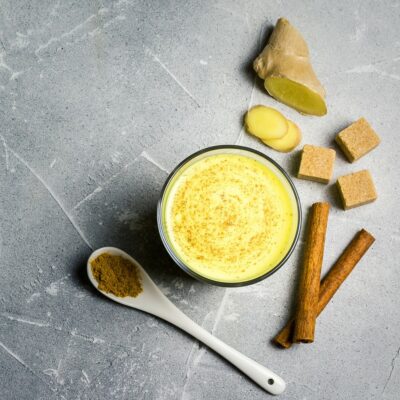
Hepatitis: What to Eat
Cooking for someone with hepatitis needs a lot of care and planning. The main concern with hepatitis is the liver. Those suffering with hepatitis may have symptoms like nausea, vomiting, metallic taste in the mouth, and sores in the throat, which makes them not want to consume food. Moreover, since someone suffering from this condition is more likely to not eat, it is advised to cook the best food so that they can develop an appetite.
Hepatitis can lead to damage and even destruction of liver cells. The liver is an important organ as it converts food into energy. The liver can heal itself; it can regenerate and make up for the damaged cells. People with liver problems should focus on a healthy, well-balanced diet to enable recovery. A diet rich in protein, healthy carbohydrates, vitamins, and minerals is essential. Avoid fatty foods and foods with high levels of sodium and cholesterol. Focus on small but frequent meals and snacks rather than three large meals. Also, avoid consuming food that is extremely hot and spicy. Add nutritional supplements in between meals and increase the intake of high-energy foods like whole milk or soya milk. Malnutrition is common among people with hepatitis, and it should be treated early. If not, it can lead to severe complications.
Some of the foods that are healthy for hepatitis and should be included in the diet are:
1. Lean meat proteins
Lean meats like turkey and fish are excellent sources of energy and they improve cell regeneration. Add some lean meat with every meal, including salads and soups.
2. Tofu
Soy protein is ideal for the body. Add tofu to salads and curries. Soya protein is easily digestible and is not a stress on the liver.
3. Nuts and seeds
Nuts are high in healthy fats and enriched with powerful antioxidants. They help to improve liver enzyme levels in patients. Those who consume higher levels of nuts and vegetable seeds have a lower risk of developing liver problems.
4. Brown rice
Brown rice is a complex carbohydrate, which is enriched with vitamins and minerals. Try to substitute refined flour and rice with brown rice, whole wheat, oatmeal, whole oats, or wild rice. Brown rice also helps to reduce the incidence of diabetes in people suffering from hepatitis by controlling insulin production.
5. Low-fat cheese
Dairy products provide protein, calcium, and vitamin D. These are essential for nutrition and recovery. When on medication, the body’s nutritional requirements should be adequately met to cope with the dosage of medicines. Avoid regular dairy products and opt for low-fat dairy products, as they do not strain the liver’s functions.
6. Beans
Beans and legumes are loaded with vitamin B and proteins. They are easily digestible proteins. Add beans to lean meat dishes and gravies. Substitute refined flour with chickpea flour and butter with hummus spread.
7. Fruits and vegetables
Include a lot of fruit and vegetables in the diet. Cruciferous vegetables, blueberries, cranberries, beetroot, and pears should be consumed regularly, as they are beneficial and high in antioxidants.


